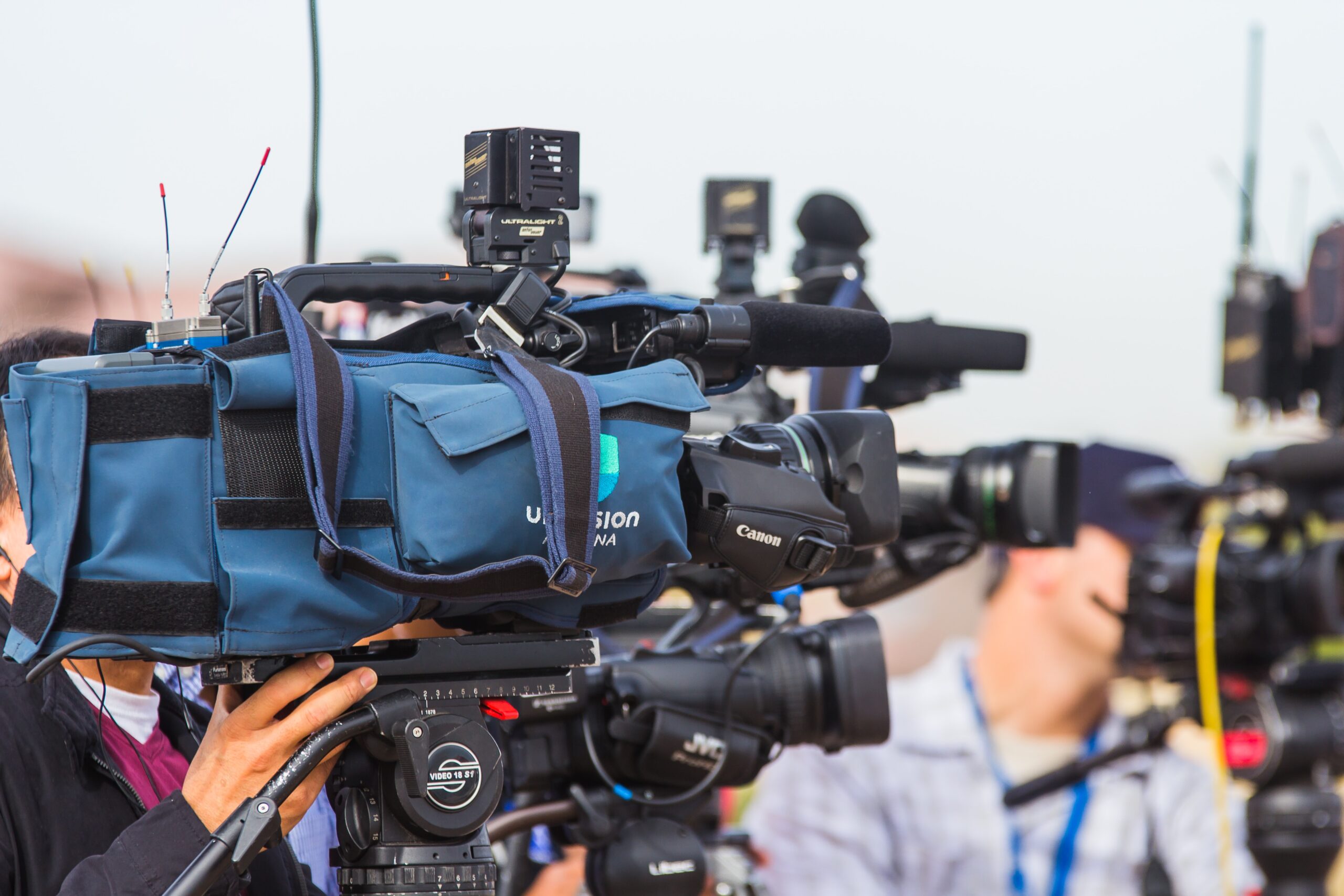The number of books in the world is staggering, absorbing countless reams of paper bearing tiny black marks like a gargantuan wading ice floe covered with gnats. One could say that every year—an arbitrary but serviceable interval of time—most of this congeries of bound paper (totaling almost 130 million books as of 2010) is shuffled toward what littérateur and Everyman alike designate as oblivion.
The vast majority of books are, of necessity, hurtling meteorites striking the earth of a readership somewhere in the desert, where none will discover them; a minority of these books that have struck the earth are rarities containing jewels, wonderful discoveries for those who are intellectuals or scholars or bibliophiles straying from the coastal cities and metropolises, where the mass of the book-going public—whom one would unwisely deride as canaille—churns out their piles of rubbish. This minority of anonymous books, read by the few and overlooked by the many, I will call Group A.
Returning to the greater minority of books circulating in the metropolises, one notices that some of those published by the “big publishers,” such as Penguin Random House and HarperCollins, are the moneymakers, the goldmines over which publishers salivate; these are the popular books, the self-help books, the cookbooks, books covering motherhood, books with plenty of pictures, the books written by semi-literate personal trainers commissioning ghostwriters whom they have hamstrung with pitiful salaries, the books with colorful designs and a glittery cover, those with deckled edges intended to mask the paucity of thought, those with just deckled edges, and the like; this minority of popular books churned out with success, sometimes frivolity, and paychecks, I will designate as Group B.
Those books slumbering in the past, like tiny soldiers huddling in a bomb shelter, belong likewise to groups that I will designate as Group C and Group D. The first comprises those books that none will remember, that will remain forever obscure to the normal human population, to be unearthed only by assiduous scholars wearing pince-nez in dusty cellars lit by a single, flickering fluorescent bulb; this group is the past-counterpart of the present emptiness characterizing the desert outside the cities. The second comprises those books that are “classics,” that with universal renown have long beguiled readers and exhorted critics to promote them like shameless peddlers or literary quacks, telling the public that these are good books, books for the mind and the spirit, books that will make you more human. And these books nearly fulfill that task—but I digress.
I’ve created these groups—arbitrary groups that have no internal significance—in order to provide a means of conceptualizing the mass of books threatening to overwhelm readers looking for a pathway through the darkness. This pathway consists in efficient reading strategies.
As a young man finishing my years of education, I had long wanted to establish for myself a course of self-education, and began wading my way through the Great Books of the Western World, and their preface, the Gateway to the Great Books—not because I wanted to rely on the encyclopedic format as a dependency, but because I realized that, whatever the imperfection and futility of compiling a list of definitive, canonical works, the Great Books would be an incomparable foothold in the world of ideas, providing resources with which in time I could begin to determine my own judgments of the canon, and whether it was at all deficient.
Those criticizing the foolhardy arrogance of the editors, Mortimer Adler and Robert Maynard Hutchins, thus seem to miss the point that these books benefit the autodidact, the polymath, the independent scholar, the regular scholar, the youthful and the curious, anyone interested in ideas but especially those unattached to institutions and having only the resources of a local library. The Great Books have long since democratized access to the ideas of our Western civilization, providing this incomparable foothold, and from this I shall infer the first principle of my self-education saving me both time and energy, and alleviating the frustration of sifting through topics of interest:
1. Acquire Reference Sources
“Reference sources” are merely “authoritative works that help you locate information about people, facts, and ideas,” and the Great Books constitute an enriching reference source with a “syntopicon” containing the 102 “Great Ideas” with prefaces by the editor. Although I have long been making my way through this reference source, and will be doing so for the years to come, it has remained invaluable to me as a budding thinker and professional and as someone whose efficiency, before investing in the Great Books, was not what it could have been. But now it is.
The Great Books are also available at most metropolitan libraries for those lacking the means to buy the encyclopedic set, which can run into the hundreds of dollars; referring to those of a local library is, to my mind, the better option, being economical of money and cabinet space.
Having acquired reference sources relevant to a desired field of study, and perhaps beginning with this sweeping reference source of the Great Books, one can proceed to acquire the same for other fields of interest; to those who are just beginning to explore philosophy, I offer the following resources:
The books of Bryan Magee: Ultimate Questions, Confessions of a Philosopher, then The Story of Philosophy and “The Great Philosophers,” A BBC television series from 1987 featuring fifteen dialogues between Magee and as many professors specializing in the various philosophers ranging from Plato to Wittgenstein.
To those who are just beginning to explore the vastness of world literature, I can recommend (beyond the literature contained in the Great Books series), an offbeat and unheralded genius of literary criticism, a poet, and a polyglot: Martin Seymour-Smith, who wrote Novels and Novelists as well as The New Guide Modern World Literature, a compendium of world literature in the twentieth century, profound and sweeping, introducing the reader to a world of which I was unaware before reading it.
However superficial and ad hoc, many of the popular self-help books churned out by the publishing industry contain fruitful ideas, interesting material, and wisdom; but it is my theory that the self-help industry preys on a readership looking for facile, palatable answers to problems that philosophy itself addresses, and addresses at the deepest stratum of our existences as human beings. Thus in order to separate wheat from chaff, and economize the reading and learning that one undertakes as an autodidact or as a curious person, one should read summaries of self-help books using such sites as this, while being circumspect about those that one chooses to read.
So I come to the second principle of my self-education, which has been more important than the first, and far more life-enhancing:
2. Although most books can be read quickly, a very few should be read slowly, attentively, with the intention of transforming the intellect.
And the corollary of this principle, following from the importance of a few books, and the lesser importance of many:
3. Read many books at once, but give to each the time that it deserves.
Standing before the surfeit of books existing in the world, one has to conclude that reading many books at once is a viable solution–but only on condition that proper time and attention are given to each. Only then can all be right with the world.


